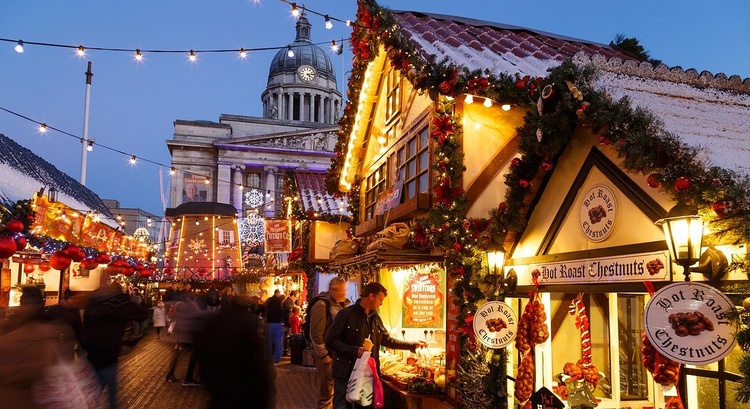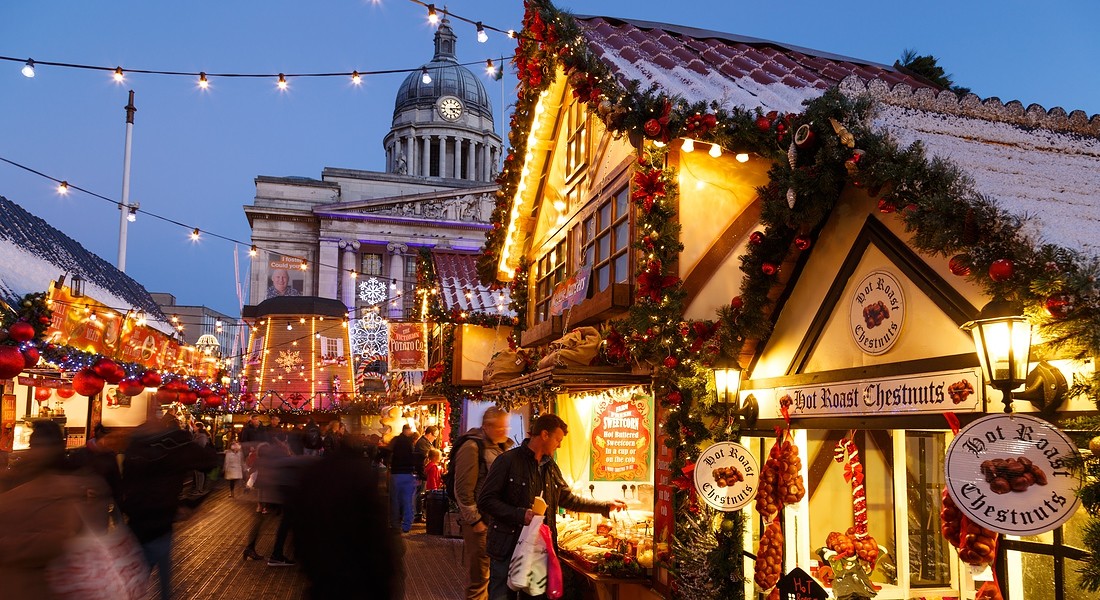Local authorities in both Alto Adige (South Tyrol) and Trentino, the two autonomous provinces that make up the Alpine region on the Austrian border, confirmed this week that the famous festive markets would not take place as usual this year.
While the Italian government’s latest emergency decree doesn’t ban markets, it does prohibit local fairs and festivals, which the provinces ruled should include their traditional winter markets.
“It wasn’t an easy decision that we took on Christmas markets,” the mayor of Trento, Franco Ianeselli, said.
“But it was necessary, because an unsafe city can’t attract tourists.”
South Tyrol’s governor and regional president, Arno Kompatscher, said the province’s priority was keeping schools and businesses going and that this sacrifice was necessary in order to do so.
Kompatscher said he hoped “there will still be a Christmassy atmosphere in our towns nonetheless”.
He also announced that secondary schools would have to move at least 30 per cent of teaching online and that bars should close at 11:00 pm.
The cancellation is a heavy blow to the region’s tourism industry, which estimates Christmas markets to be worth tens of millions of euros to the local economy.
Trentino-Alto Adige’s Christmas markets are the largest and most famous in Italy, showcasing the bilingual region’s unique mosiac of Germanic and Italian cultures and traditions.
It seems likely that other parts of Italy – and the neighbouring countries of France, Germany and Austria – will follow suit and cancel their own winter markets.












